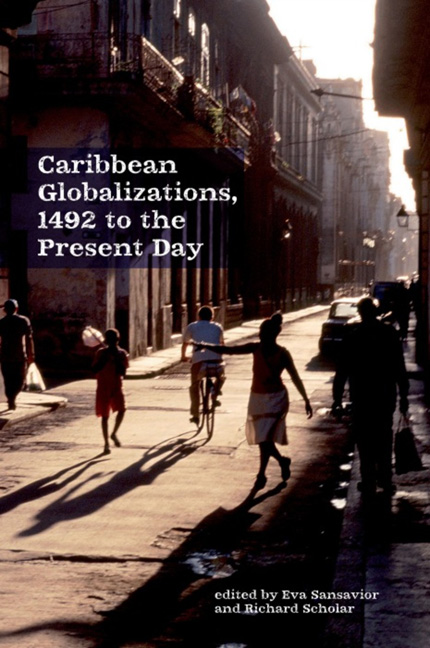Prologue: Globalization, Globality, Globe-Stone
Summary
Wayfaring
A writer is someone who makes their way in singular fashion towards an unattainable called ‘literature’. In the light of this proposition, it might be said that the poet follows the tracks of clairvoyance towards poetry and that the novelist traces a line tending towards the idea of the novel. This wayfaring is what creates a work of art. It is never-ending and achieves two things.
In the case of a genuine great, the first virtue of wayfaring is to augment the history of literature with a singular and innovatory trajectory full of the unexpected disruption whence beauty arises. The second is to allow the creator to regulate their internal chaos: an intimate catastrophe in which the essential construct—the central pillars—will be the desire for self-exploration, for the human, the Living, and the world. Thus from book to book, if everything proceeds as it should, the writer works out for themself a new welfare, a better-fare, though of course they may equally exacerbate an already aporetic life.
Every artist makes their way towards an understanding of their art. Often their entire life is spent wayfaring: constructing the way down which they are to fare. The most extraordinary thing is that literature (or Art in general) remains unattainable because the solitary wayfaring that leads towards it can only remove it still further into the distance; so much so that, at each veritable advance, the wayfaring itself redefines literature by opening up new horizons, new impossibilities, new conundrums and thus—as it is passed from genius to genius—preserving it from the sterilization of success and the abysm of certainty.
Therefore in works of Art there is always something abortive. Take the elaboration of a novel. When Faulkner sought to assess his works, he rated them by the radiance of their failure. The more heroic that failure—the greater its audacity, courage and blank obstinacy— the more clearly it opened on to consolation and the germ of a new attempt. In this domain, the most fertile perspective is that which retains and intensifies the undecidable and indefinable; these are the inexhaustibly fertile perspectives of the unattainable. In short, one makes one's way towards one's art not in order to attain it but to sustain desire.
- Type
- Chapter
- Information
- Caribbean Globalizations, 1492 to the Present Day , pp. 1 - 14Publisher: Liverpool University PressPrint publication year: 2015



